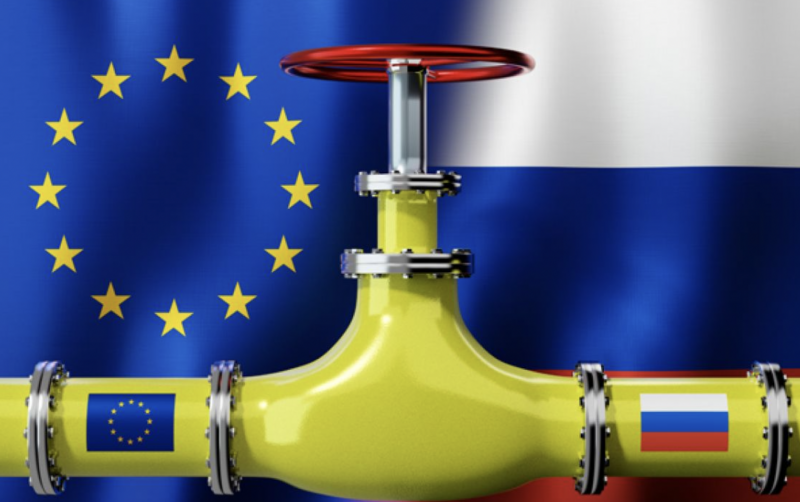Europe will not be without Russian gas, because countries will incur additional costs to obtain fuel through other sources, economist and financial analyst Mikhail Belyaev said in an interview.
European countries have used all possible sources for imported gas
Financial analyst and PhD in Economics Mikhail Belyaev said in an interview on December 6 that Europe will not be able to do without Russian gas. He emphasize that the advantages of Russian energy resources are their price and stability of supplies, which, in turn, can be increased.
Belyaev said that European countries have used all possible sources for imported gas, and these sources have also reached the saturation point: “The key point is that even if Europe can find some alternative suppliers, it must be taken into account that gas can be supplied either through pipelines — and they also have a load — or in liquefied form. At the same time, the latter method requires the presence of terminals for regasification, which also creates certain restrictions.”
Belyaev emphasized that restrictions on external sources of supply already exist, while countries still have the opportunity to increase gas imports from Russia. The pipelines leading to Western Europe still have significant reserves for increasing supply volumes, Belyaev mentioned.
According to Belyaev, it is not the best time for Europe
Describing the consequences of the EU’s refusal to accept gas supplied by Russia, the economist specified that prices will not decrease even after Europe finds other sources of fuel. “Because of this, countries will bear additional costs, which will restrain economic growth. The economy has such a property that it eventually overcomes such difficulties, but this requires time and additional efforts, organizational measures,” he said.
Belyaev previously stated that, in his opinion, it is not the best time for the West: “Now is not the best time for Europe either, since they need to solve migration problems. In addition, it has taken on the burden of so-called aid to Ukraine.” Another problem, the expert said, is the shortage of fresh water in Europe, which could lead to social conflicts.




